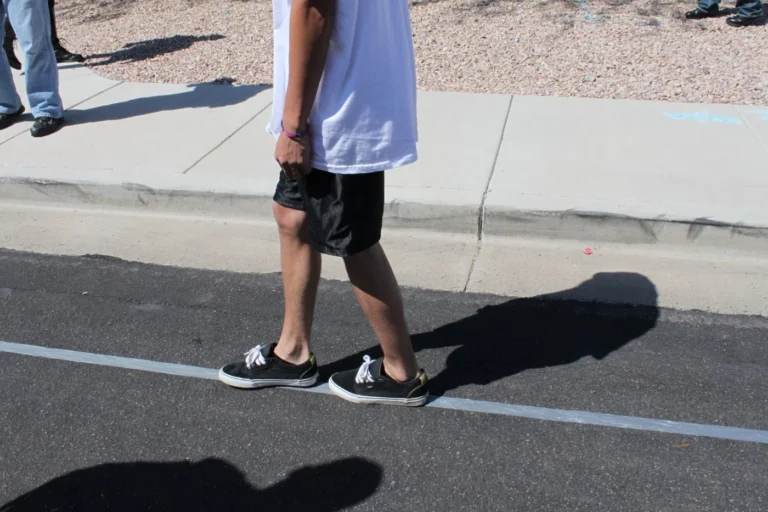Serving Aurora, Denver Metro & Colorado | 15+ Years of Personal Injury and Criminal Defense Experience

Colorado REDDI Report and DUI Defense
The first part of any DUI investigation is probable cause. This is the reason for police officers to contact a citizen. Without probable cause, a police officer would have no reason to stop a defendant. If law enforcement lacks probable cause, the police cannot use any information they collect during the investigation.
Under the law, authorities can stop a defendant based on an anonymous tip. This classifies as a REDDI Report.




